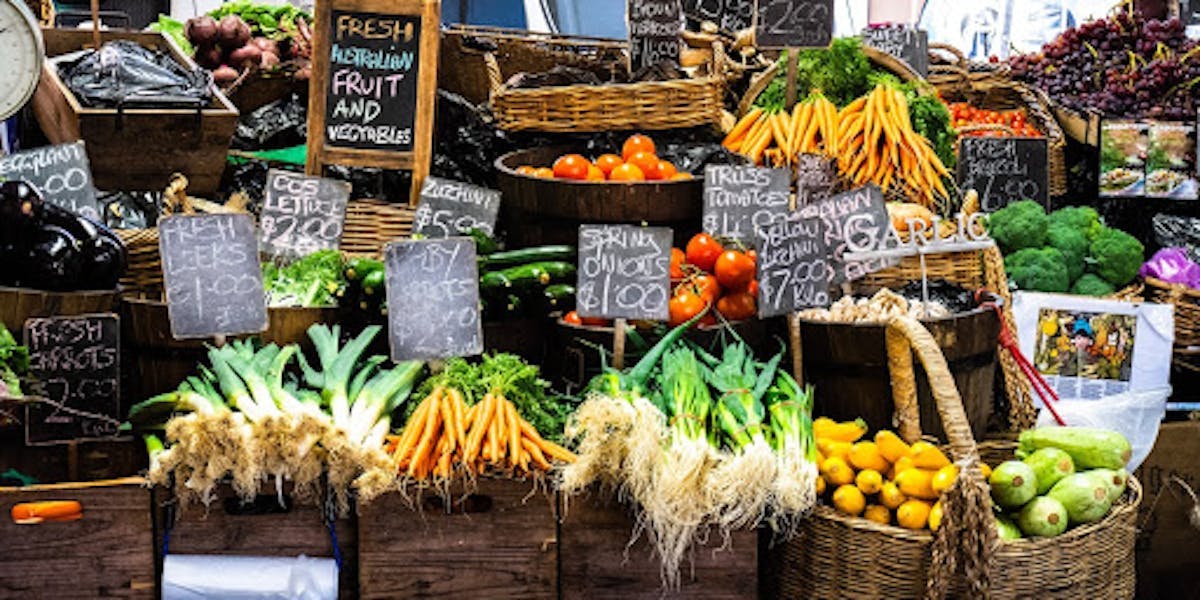Lifestyle
No Freight, No Waste: How to Eat Without Food Miles
4min read
The importance of where we source our food is gaining more transaction not only what we are eating, but where it is coming from. Could the miles our food has travelled and the method of transportation have a greater impact than we realise?
What are food miles?

The distance between where food is sourced and where it is eventually eaten is referred to as ‘food miles’. Depending on where the product is grown means this number could be very high or quite low. This directly impacts the carbon emissions that are created, typically from airfreighting.
Why do food miles matter?
We’ve all been there. Eating a fresh strawberry on our breakfast in the middle of winter, dreaming of the summer sun whilst we watch Wimbledon or having a picnic in the park.
In the UK, seeing the strawberries at Wimbledon used to indicate the start of the (far too short) season for this fruit. Now, we have the luxury of seeing this berry, and other foods available throughout the year creating the illusion of summer all year round.
But, what is the cost of this?

In half a year, the UK can import nearly 21 million tonnes of food and drink, the equivalent of nearly 3.5 million adult African elephants - that’s a trunkload of elephants! (link)
The transportation of food by aeroplane is considered to create 10 times more carbon dioxide emissions than on the road and approximately 50 times more than shipping.
Which foods are the worst for airfreighting?
There are certain fruits and vegetables that have a higher impact due to their food mileage. (link). Airfreight is mainly used for more high-priced, perishable items.
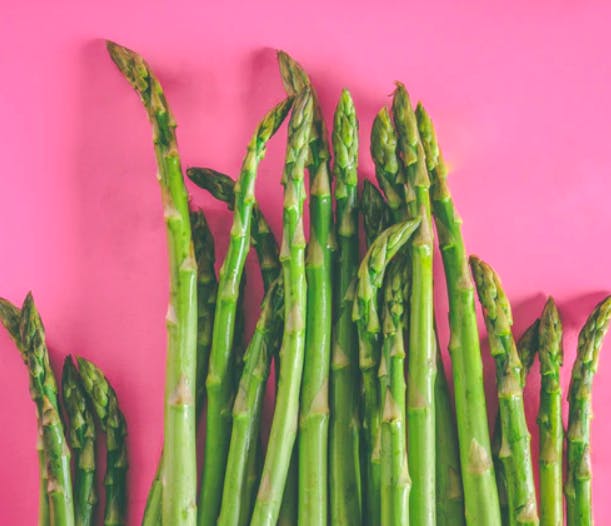
Asparagus
In the UK, asparagus have a short harvesting season, typically starting at the end of April, and lasts for two months. With the crop being very weather dependent (like the rest of us), harvests are not always reliable. This means asparagus is regularly flown in from countries such as Peru to meet demand even when they’re in season.
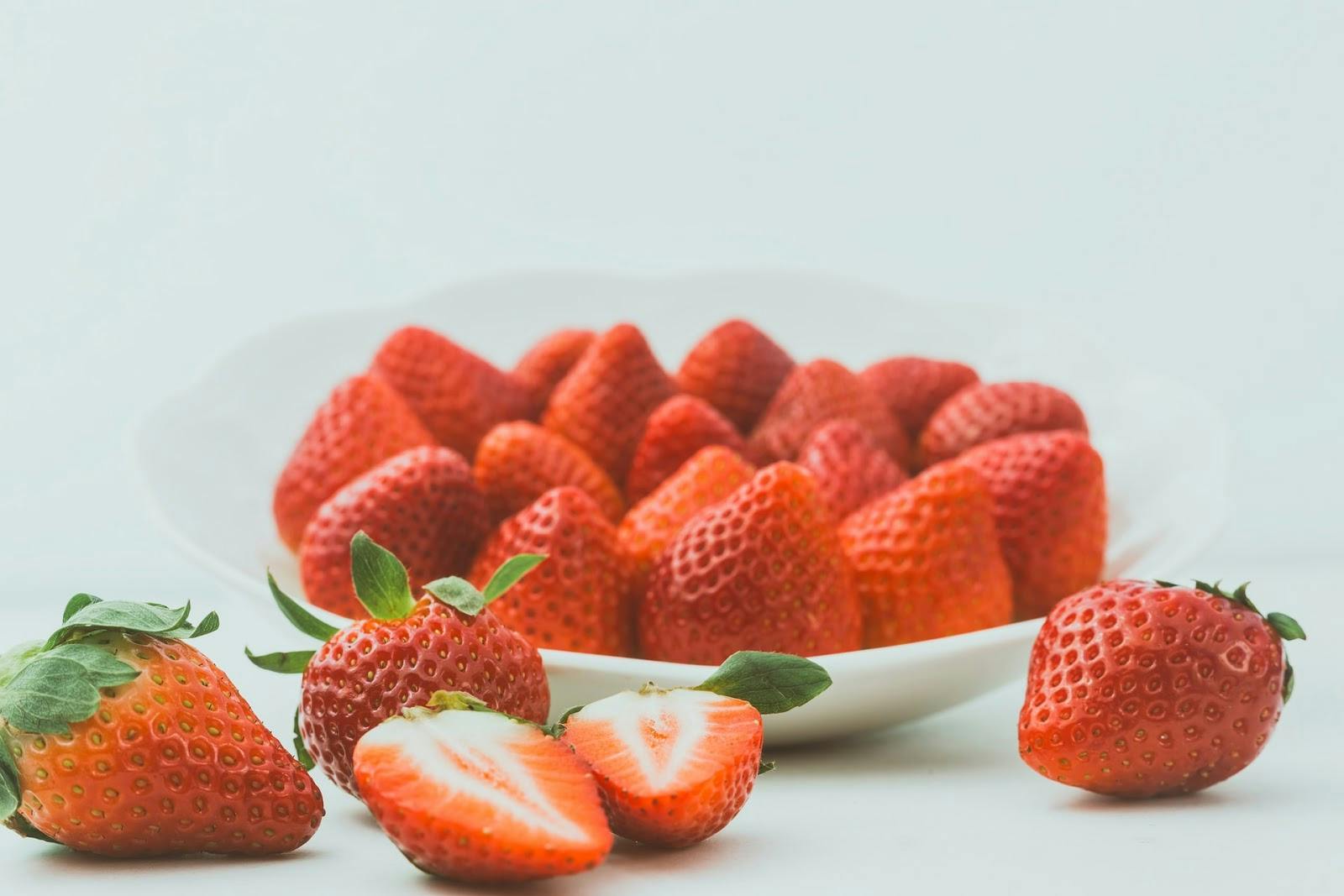
Berries
You can’t get more British than strawberries on a warm summer’s day, except when they are flown in from California or Spain. Similarly, blueberries are high in antioxidants and delicious to eat, but being flown in from South Africa may not be so good for the environment.
Berries are a highly perishable item and require being quickly transported into the country when not in season and onto the supermarket shelves before they start expiring, requiring the use of aircraft.
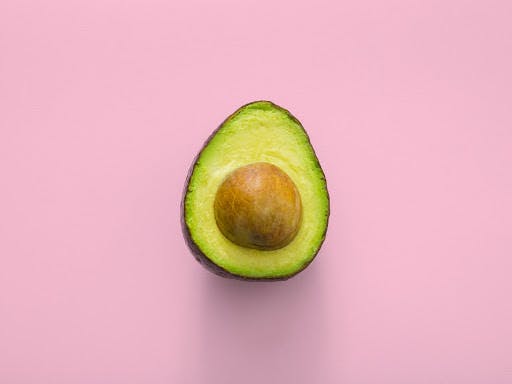
Avocados
A standout food for vegans, avocados can be a little particular and require some tender loving care. The fruit can only grow in subtropical and tropical climates and does not look good after coming out of the freezer.
This means it has to be carefully, and again quickly, transported from its native countries of Central America to reach our plates.
How can I reduce my food miles?
It can seem intimidating to start reducing the food miles of our meals, but there are lots of simple ways to make a difference.
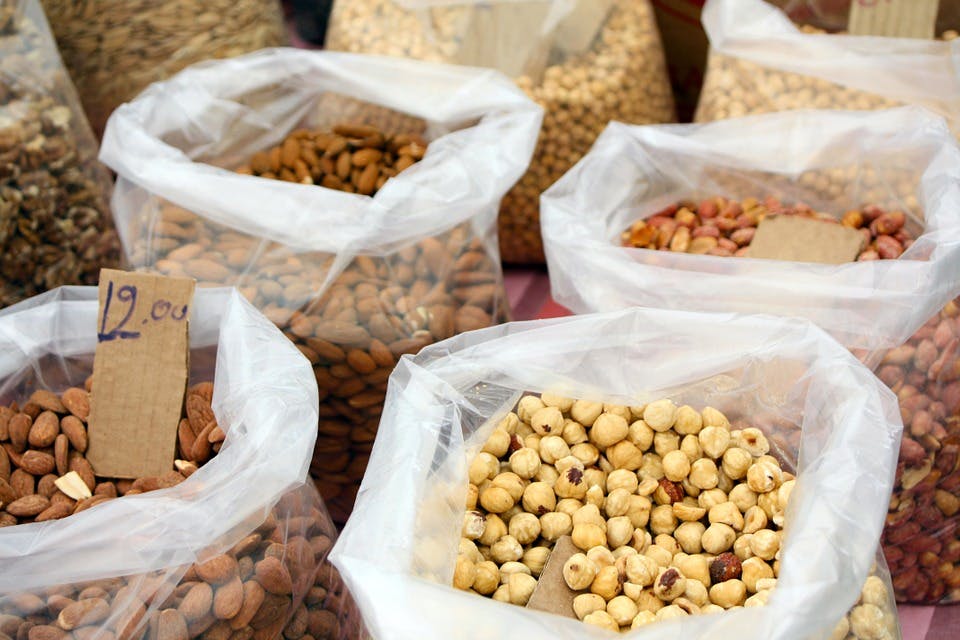
Shopping locally
Most towns have a local farmers market who bring produce straight from their farms to your local area. Companies, such as Riverford and Groobox which is based in Cheshire, now deliver UK grown vegetables from local farms to your doorstep. Riverford also has a strict no air freight policy for foods they have trouble getting a hold of.
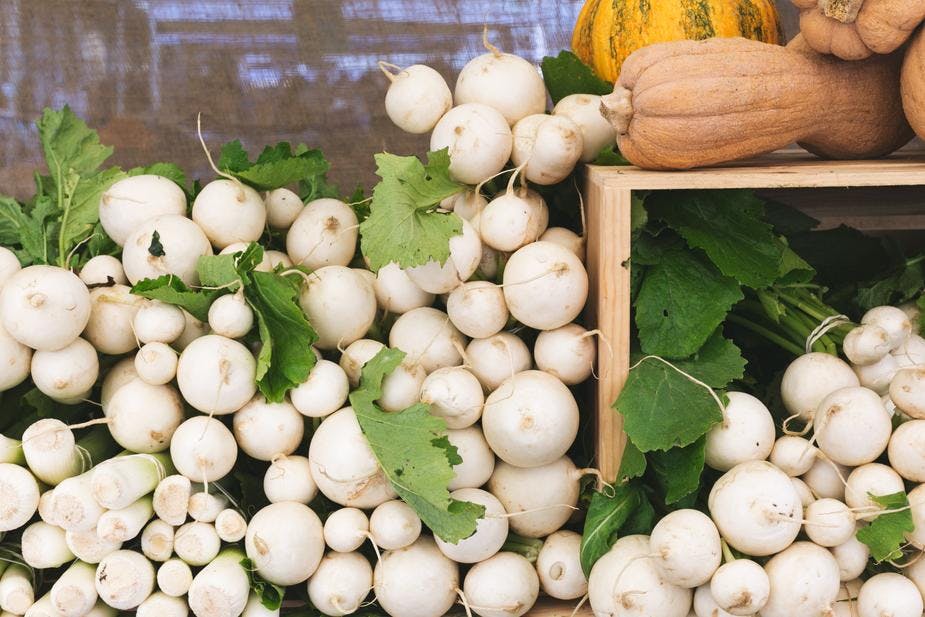
Seasonal eating
Eating foods when they are in season prevents the need to import goods and the need for foods to be grown in polytunnels. Not only does this reduce the amount of food miles accumulated and carbon dioxide released, but it supports local farmers, can encourage you to try new produce and provides fresher, more nutrient rich food.
You can head here to find out more about seasonal eating!
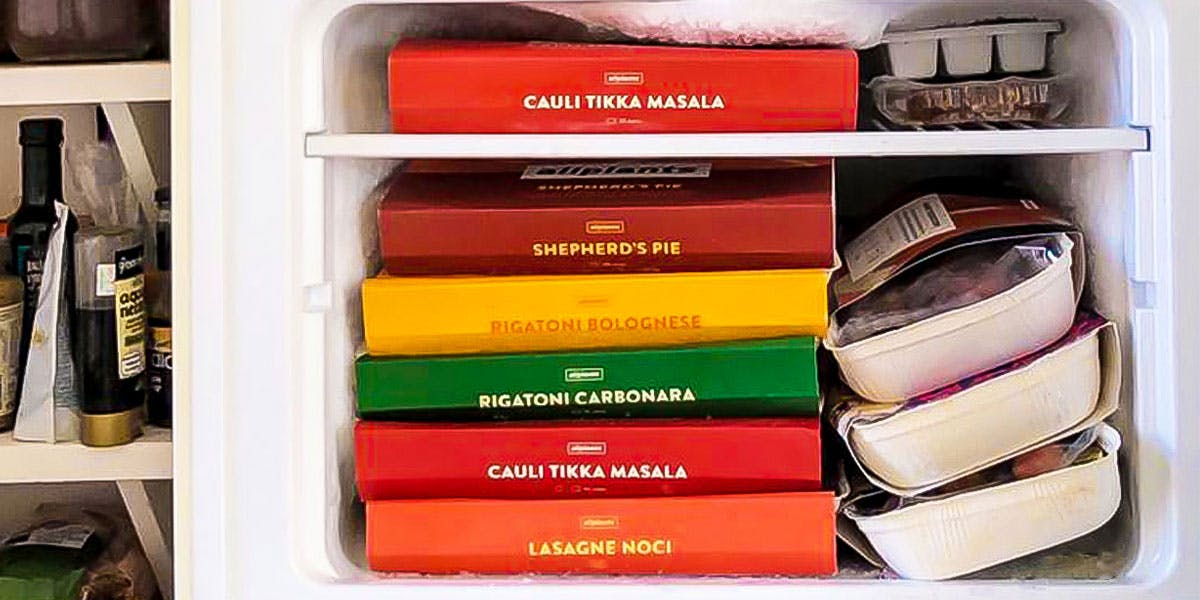
Utilising the freezer
Freezing food during its peak is essentially putting a pause on it, preventing the loss of nutrients and any decomposition from occurring. This makes it a great way to preserve your fruit and veg and allow you to enjoy those summer treats long into the winter.
There are not many foods that don’t deal well with the freezer (we’re looking at you avocados), but we’ve already given you the lowdown here.
When considering the environmental impact of importing our food, it is increasingly notable that careful considerations need to take place on when we eat what foods and how they are transported.
That being said, it is still apparent when considering the impact of airfreighting food and agricultural impacts, that remaining on a plant-based diet rather than consuming animal products still has the largest impact on reducing your carbon footprint!
By Lizzie Dymond
Lizzie is part of our fantastic Customer Delight team, she has a passion for all things sustainable and can't get enough of our Protein Power Bowl. On her days off, you’ll find Lizzie nose-deep in a gripping fantasy book, dancing around her kitchen to Taylor Swift and baking chocolate cookies or taking in a show at the theatre.
Let us take care of dinner
We help to make eating more plants easy and delicious. Fancy letting us take care of dinner? Check out our delicious meals here.
Shop now
